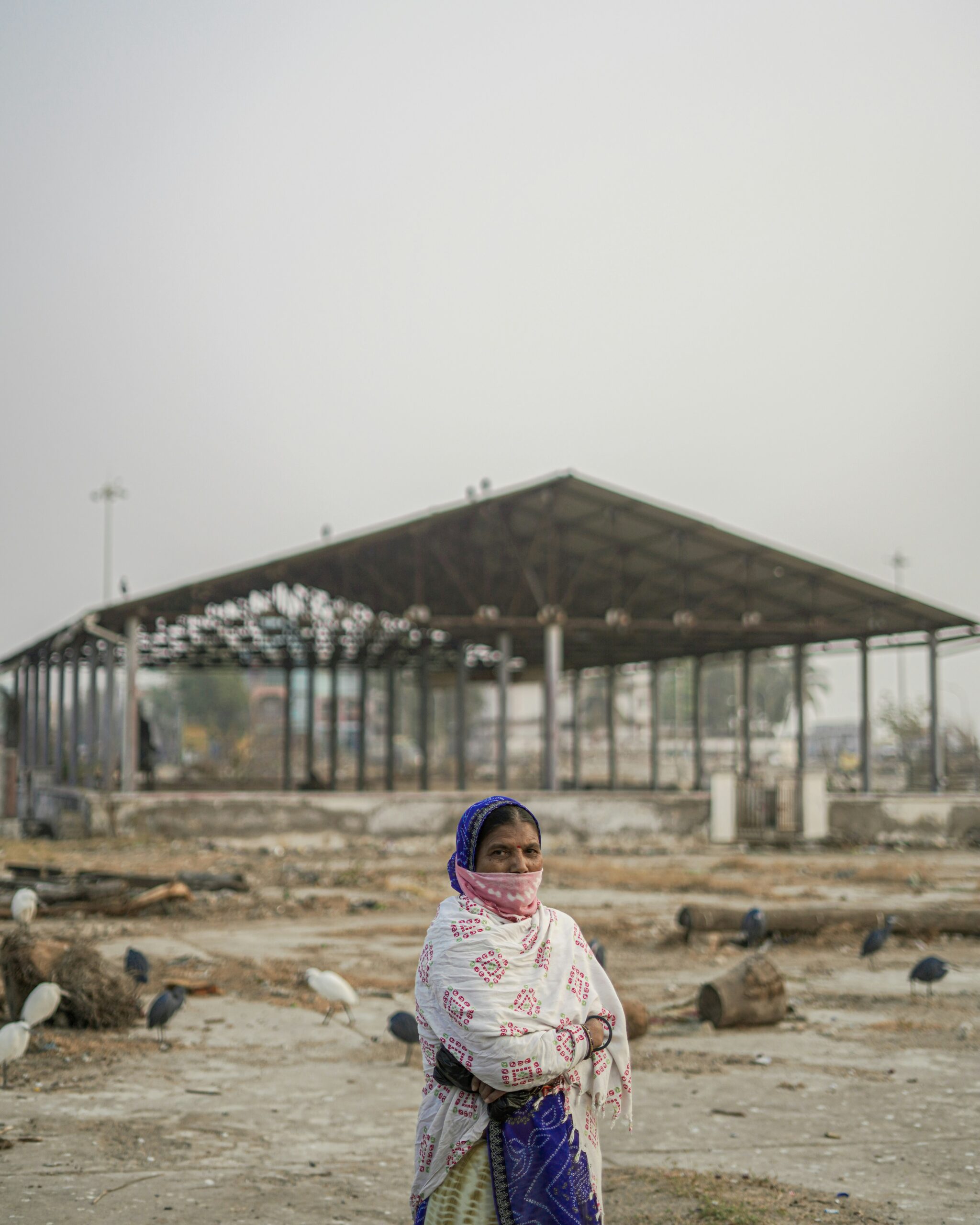
In a vehement response to ongoing humanitarian restrictions, more than 100 aid organizations have publicly criticized Israel for its role in obstructing the delivery of critical aid to the Gaza Strip, where residents face severe shortages of food, water, and medical supplies. The collective outcry highlights the dire situation in Gaza, as essential supplies fail to pass through blockades, leaving millions in desperate need.
Key Facts
- More than 100 international aid groups have issued a joint statement condemning Israel for blocking humanitarian aid destined for Gaza.
- The aid, which includes essential food, medicine, and water, has been stalled due to stringent new security measures and registration rules imposed by Israel.
- Organizations such as Doctors Without Borders and Oxfam are among those reporting that their supplies have been barred from entry, despite the escalating humanitarian needs.
- According to reports, at least 859 Palestinians have died while attempting to access aid from distribution centers since May.
Background
The blockade on Gaza has intensified, with Israel tightening controls under the pretext of security. This has involved a complex system of permits and authorizations that humanitarian groups must navigate, complicating efforts to deliver lifesaving support. Hospitals and vulnerable populations in Gaza are particularly hard hit, lacking basic medical supplies and facing increasing malnutrition and disease outbreaks.
Timeline/What We Know
Aid trucks laden with supplies have been stationary at Gaza’s borders for months, particularly at crossings from Egypt and Jordan. Despite international pressure and repeated assurances from Israeli authorities claiming no limit on humanitarian aid, critical supplies remain undelivered. The last confirmed large-scale aid delivery was reported before the imposition of the new rules on March 2.
Official Reactions
Israel’s stance, articulated by Diaspora Minister Amichai Chikli, suggests that the new regulations are necessary to ensure that aid does not support anti-Israel activities or movements deemed to delegitimize the state. This policy has led to accusations of aid weaponization, where humanitarian efforts are severely hampered by political agendas.
What’s Next
The international community has ramped up its calls for Israel to ease restrictions and allow the free flow of humanitarian aid into Gaza. The United Nations and various global leaders have expressed grave concerns about the potential for further humanitarian disasters. The situation remains tense, with ongoing military operations complicating relief efforts and threatening the displacement of additional thousands of residents.
The joint statement by the aid groups not only seeks to draw global attention to the crisis but also urges immediate action to facilitate the unimpeded delivery of aid and to hold those responsible for the obstructions accountable.


